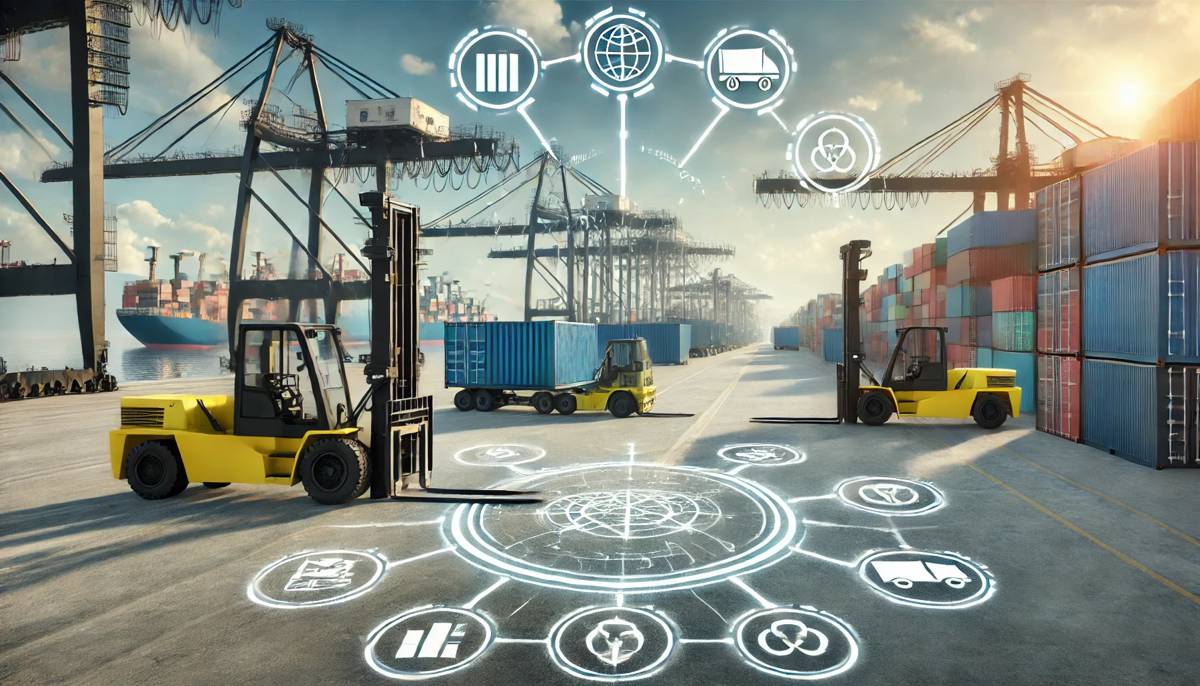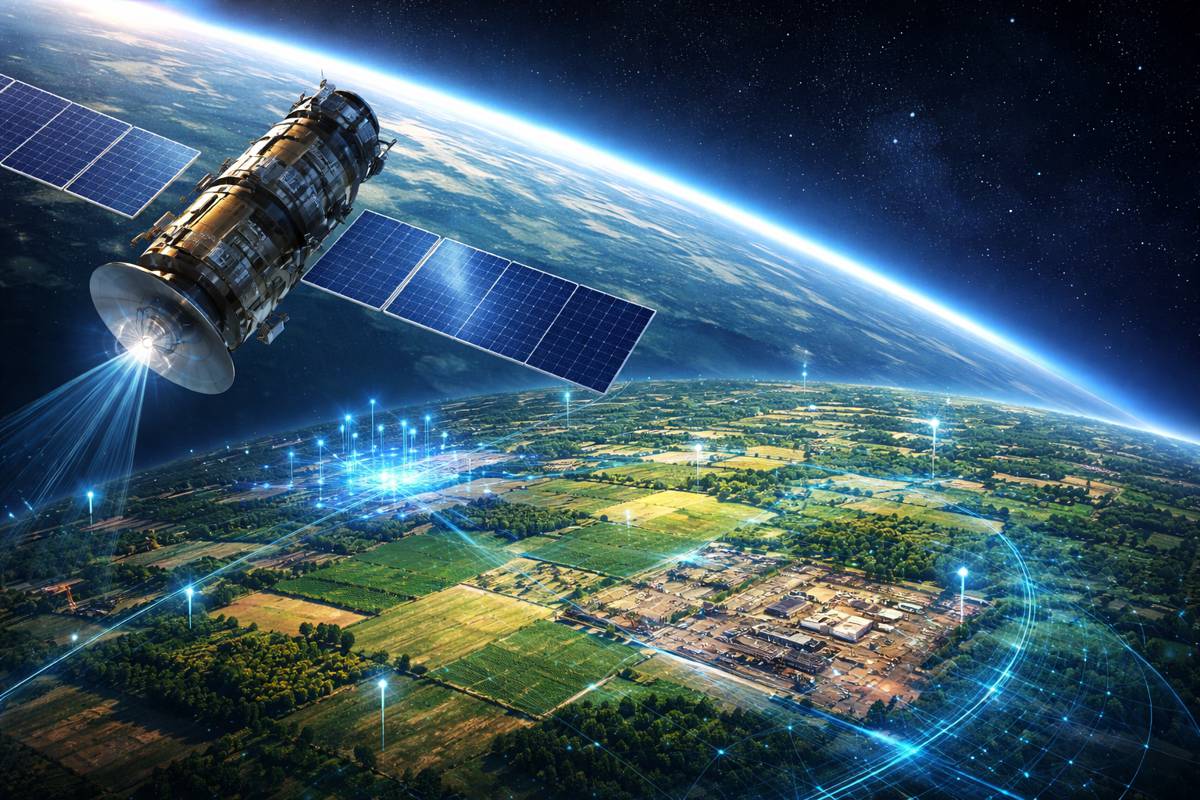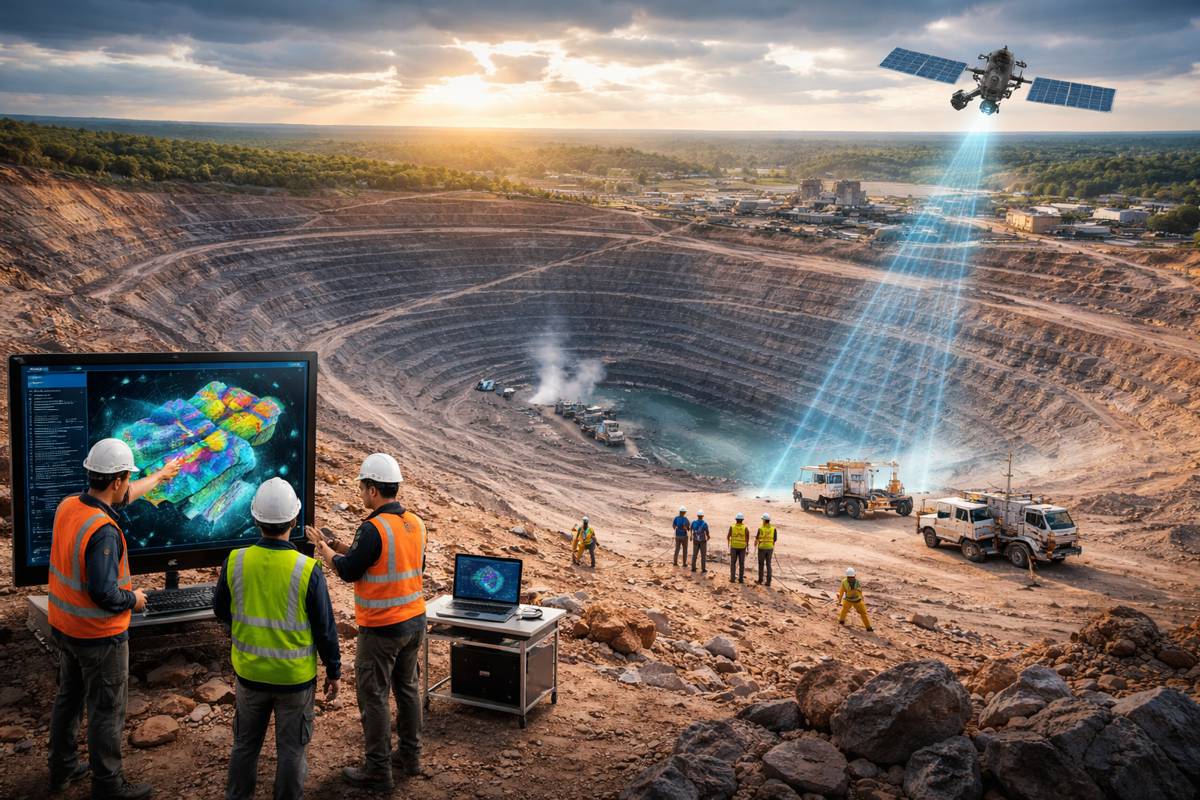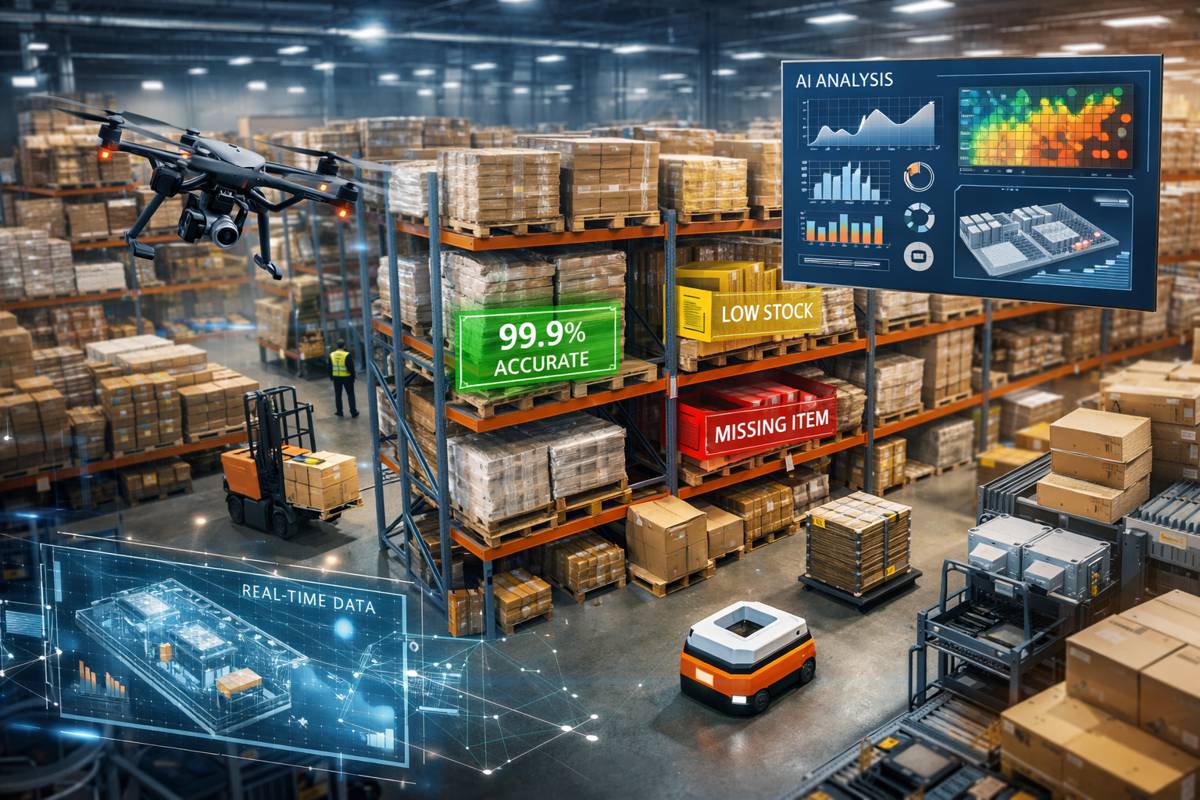Taylor Machine Works and Proterra Electrifying Ports and Heavy Equipment
Taylor Machine Works is making waves again, and this time, it’s with the power of Proterra’s cutting-edge battery technology. In a new chapter for sustainable industrial solutions, Taylor Machine Works and Proterra are teaming up to electrify heavy-lift machinery at ports and industrial facilities across America. This partnership represents a vital step toward reducing emissions, optimising energy use, and creating a cleaner future for global logistics and infrastructure.
The collaboration will see Taylor’s ZLC and ZEC series of electric container handlers, as well as ZRS-series reach stackers and ZH-series electric forklifts, running on Proterra’s state-of-the-art battery platform—and the benefits are already proving to be game-changing.
A Partnership for Sustainable Ports
Chris Bailey, CEO of Proterra, summed it up best: “We are delighted to renew our partnership with Taylor Machine Works to power port and industrial machinery with Proterra battery technology. Ports keep our economies moving, and, along with Taylor, we look forward to powering these engines of commerce with our premium battery technology.”
Ports are indeed at the heart of economic exchange, but they’re also at the heart of the environmental challenges facing modern transportation. With Taylor and Proterra’s partnership, there is growing hope that even the heaviest of machinery can do its part to reduce emissions. Initiatives like the EPA Clean Ports Program aim to further increase the presence of zero-emission, battery-electric equipment in port operations, bringing American ports closer to a sustainable future.
Taylor Machine Works: A Pioneer in Zero-Emission Heavy-Lift Equipment
Taylor Machine Works has been at the forefront of the heavy-lift industry for over 90 years, and the company’s leadership in adopting electric machinery is a strong reflection of its commitment to the future. As Robert Taylor, President and CEO of Taylor Machine Works, puts it: “Taylor is excited to extend our partnership with Proterra to receive and integrate premium battery platforms for all our zero-emission heavy-lift equipment. Taylor Machine Works is committed to providing BABA (Build America, Buy America) compliant electric lift trucks throughout our heavy industrial industries.”
Taylor’s move into electric solutions isn’t just about following a trend—it’s a testament to the company’s genuine desire to innovate and contribute to a more sustainable industrial landscape. Back in 2019, the Taylor ZLC series became the first zero-emission battery-electric container handling machines designed to move and stack containers weighing up to 90,000 pounds. These electric giants were born out of a vision to do heavy lifting while leaving a lighter footprint on the planet.
Bringing Electric to Life at America’s Ports
In June 2024, Yusen Terminals, one of the primary marine terminal service providers at the Port of Los Angeles, made history in collaboration with Taylor Machine Works. The facility put into operation five Generation II Taylor ZLC-996 electric container handlers—the first commercially available battery-electric top handlers at any marine terminal in the United States. Packed with 984 kWh of onboard energy, these impressive electric machines can operate for up to 20 hours on a single charge, handling 40′ containers stacked six-high. The implementation has proven that electric can work, even for heavy-duty operations.
And it’s not just container handlers making a difference. Taylor’s ZRS-series reach stackers and ZEC-series empty container handlers have been rolled out to sea and inland port facilities, delivering both efficiency and sustainability. These machines boast the ability to operate for an entire two-shift day on a single charge—a significant leap forward in productivity. And, of course, the ZH series of electric forklifts brings heavy-lift capabilities to an even broader array of applications, including warehouses, steel mills, concrete plants, and sawmills.
Why Proterra’s Batteries are a Perfect Fit
At the heart of this electrification success story is Proterra’s innovative battery platform. Proterra’s batteries offer some of the highest energy densities available, designed with performance, durability, and safety in mind. Proudly designed in Silicon Valley and assembled in Greer, South Carolina, Proterra’s battery systems reflect both innovation and high-quality American manufacturing.
With their energy density and efficiency, these batteries are ideal for powering the most demanding commercial vehicles. From buses and trucks to construction equipment and port machinery, Proterra’s technology is showing that electrification isn’t just feasible—it’s often a better solution.
But Proterra’s offerings go beyond just energy density. They’re also designed with integrated safety systems, making them a standout choice for the challenging environments in which heavy-lift equipment operates. Whether it’s working in hot, humid ports or amidst the dust of a concrete plant, these batteries are built to endure.
The Volvo Group’s Vision and Support
It’s important to note that Proterra’s battery technology is backed by the Volvo Group, one of the world’s leading providers of transport and infrastructure solutions. The Volvo Group’s dedication to sustainable transport aligns perfectly with Proterra’s mission to build a better, more sustainable world.
Founded in 1927, the Volvo Group is a name synonymous with quality and innovation. The group is committed to shaping the future landscape of sustainable transport and infrastructure solutions, with operations across 190 markets and a presence in every continent. The partnership with Proterra allows Volvo to integrate advanced electric technologies across a wide range of vehicles, from buses to industrial equipment, and push the boundaries of sustainability.
The Future of Port Electrification
The introduction of battery-powered heavy equipment at ports represents a bold step toward a greener future. But there are challenges—challenges that the collaboration between Taylor Machine Works and Proterra hopes to overcome.
One of the major hurdles for electric machinery at ports is the infrastructure required to support charging. Ports are often vast, with multiple loading areas spread out over considerable distances. Ensuring that there is adequate charging infrastructure and that power requirements are met is crucial to making these initiatives successful. Moreover, equipment uptime must be maintained at peak levels, as delays in loading or unloading can result in cascading effects that impact supply chains.
But, as Proterra and Taylor have shown, the potential opportunities are immense. Electrifying the port environment not only contributes to sustainability but also offers the benefit of reducing operational noise and emissions. Ports are often close to population centres, and the reduction of diesel fumes and noise has a direct impact on the health and well-being of local communities.
A Ripple Effect Across the Supply Chain
The benefits of electrifying port equipment don’t just end at the port gates—they ripple throughout the supply chain. By incorporating zero-emission, battery-electric machinery, ports can contribute to a significant reduction in the carbon footprint of shipping. As ports become greener, there’s also a knock-on effect for trucking and rail, sectors that are themselves increasingly looking toward electrification.
Moreover, initiatives like these give major players in the logistics and shipping industry a reason to adopt more sustainable practices. With regulations tightening around emissions, companies that want to stay ahead of the curve are actively looking for opportunities to green their supply chains. Electrified equipment provides them with a competitive edge, helping them to meet emission targets while keeping operational efficiency high.
A Look to the Future
The partnership between Taylor Machine Works and Proterra marks an important step in the evolution of port and industrial equipment. It’s about more than just switching to electric—it’s about rethinking the ways heavy industries operate and showing that sustainability can be at the core of even the most challenging operations.
As the demand for freight and goods movement continues to grow, ports must find ways to do more with less environmental impact. By embracing electric, Taylor Machine Works and Proterra are showing that heavy-lift doesn’t have to mean heavy emissions. The road ahead may have challenges, but partnerships like this one are paving the way for a future where ports are not just engines of commerce but also examples of environmental stewardship.
Heading into a Sustainable Future
The strides made by Taylor Machine Works and Proterra highlight a trend that’s likely to keep growing. Electrification of port equipment is proving that heavy-duty and zero-emission can go hand-in-hand, and the technology to make it happen is already here. The key now is to make this transition happen at scale.
The success of projects like the battery-electric top handlers at the Port of Los Angeles serves as a beacon, lighting the way forward for others. With strong partnerships, a commitment to innovation, and a clear focus on sustainability, the future looks bright—and perhaps a little quieter and cleaner—for ports across the globe.





























